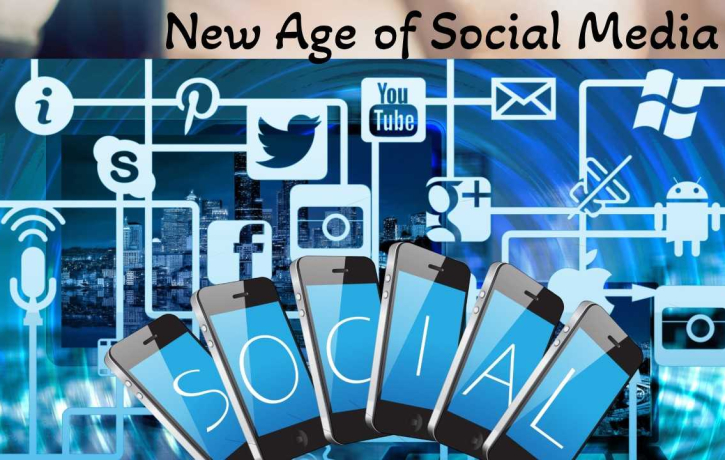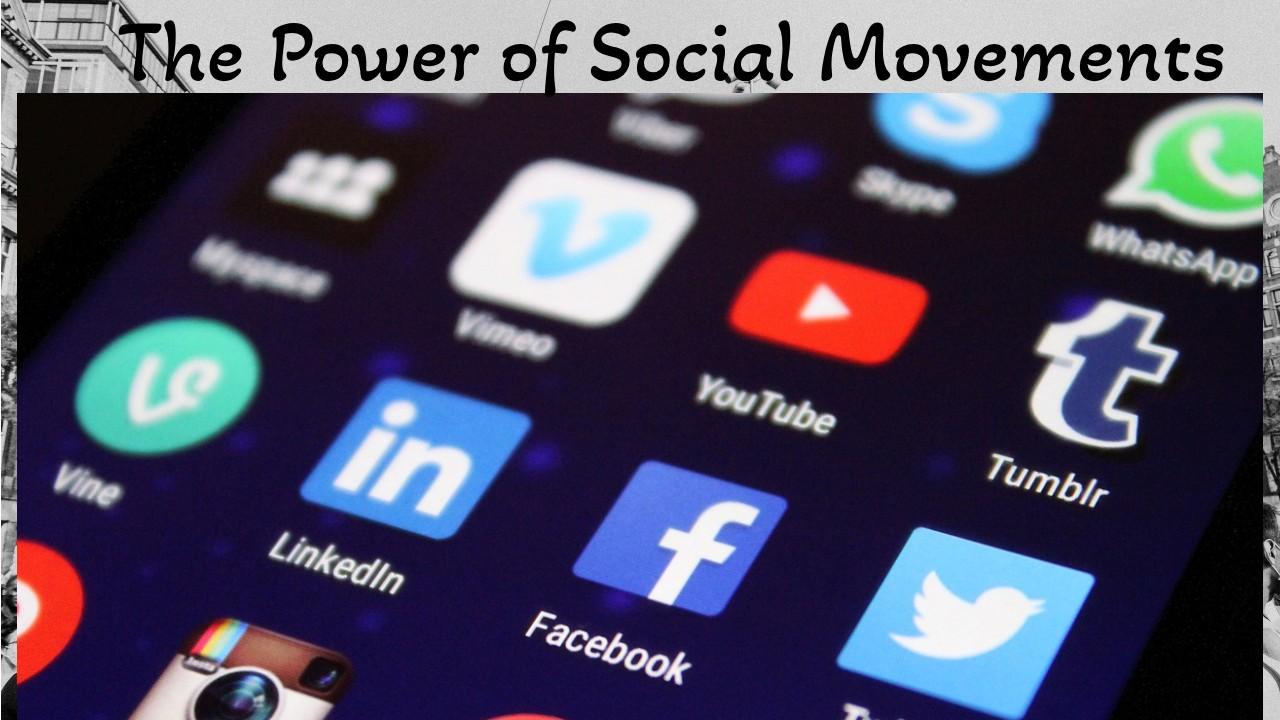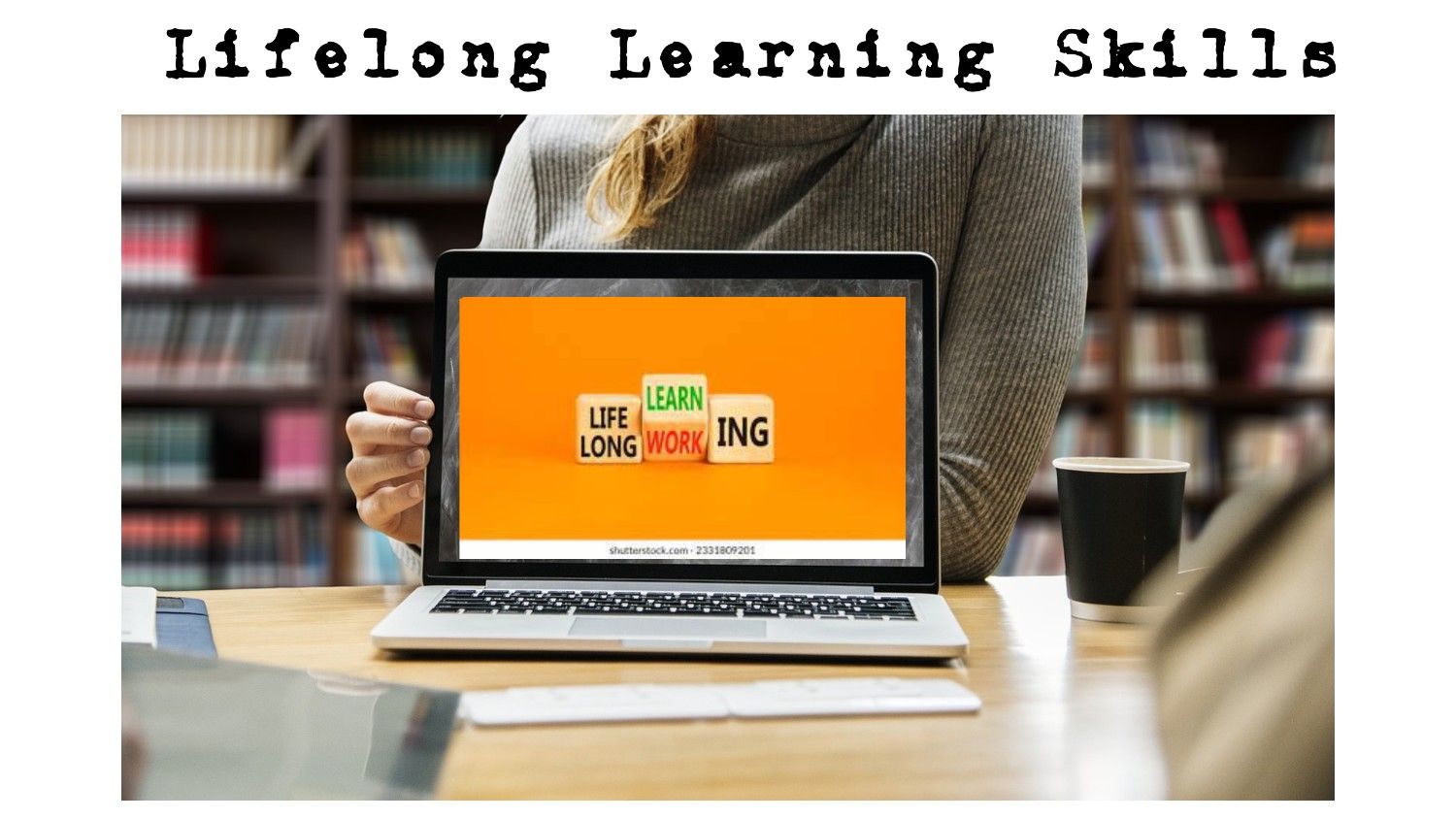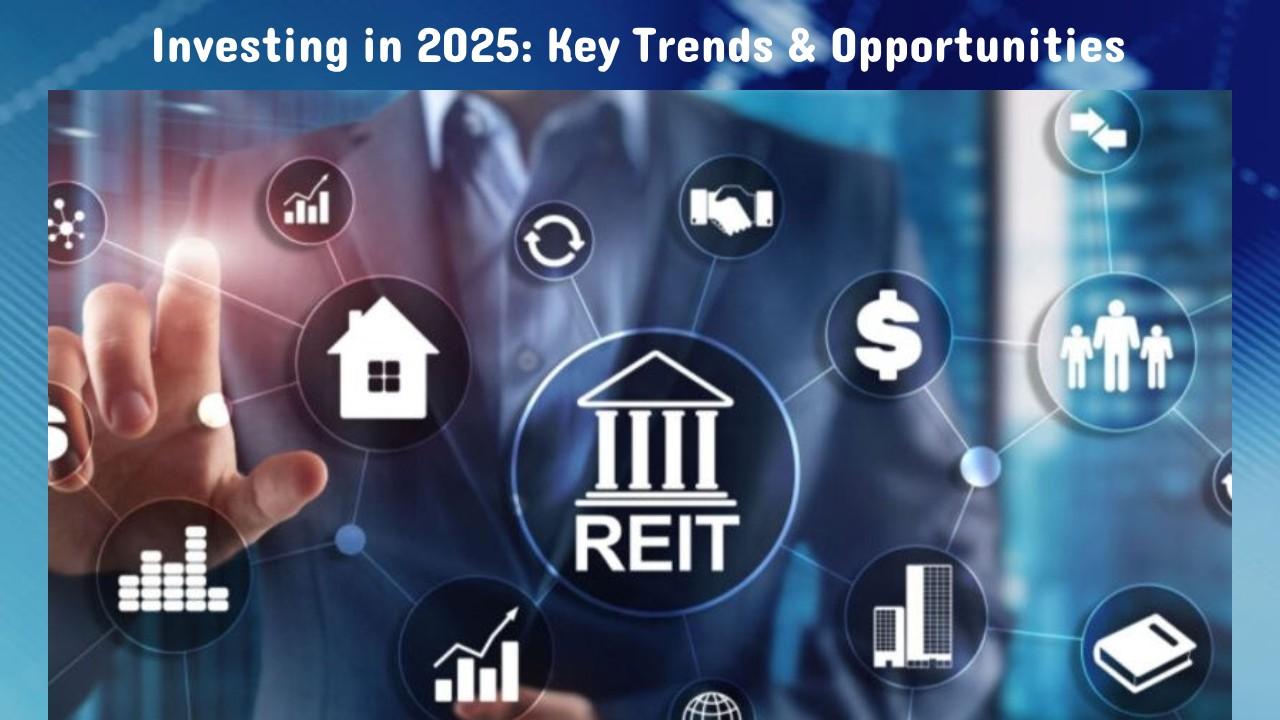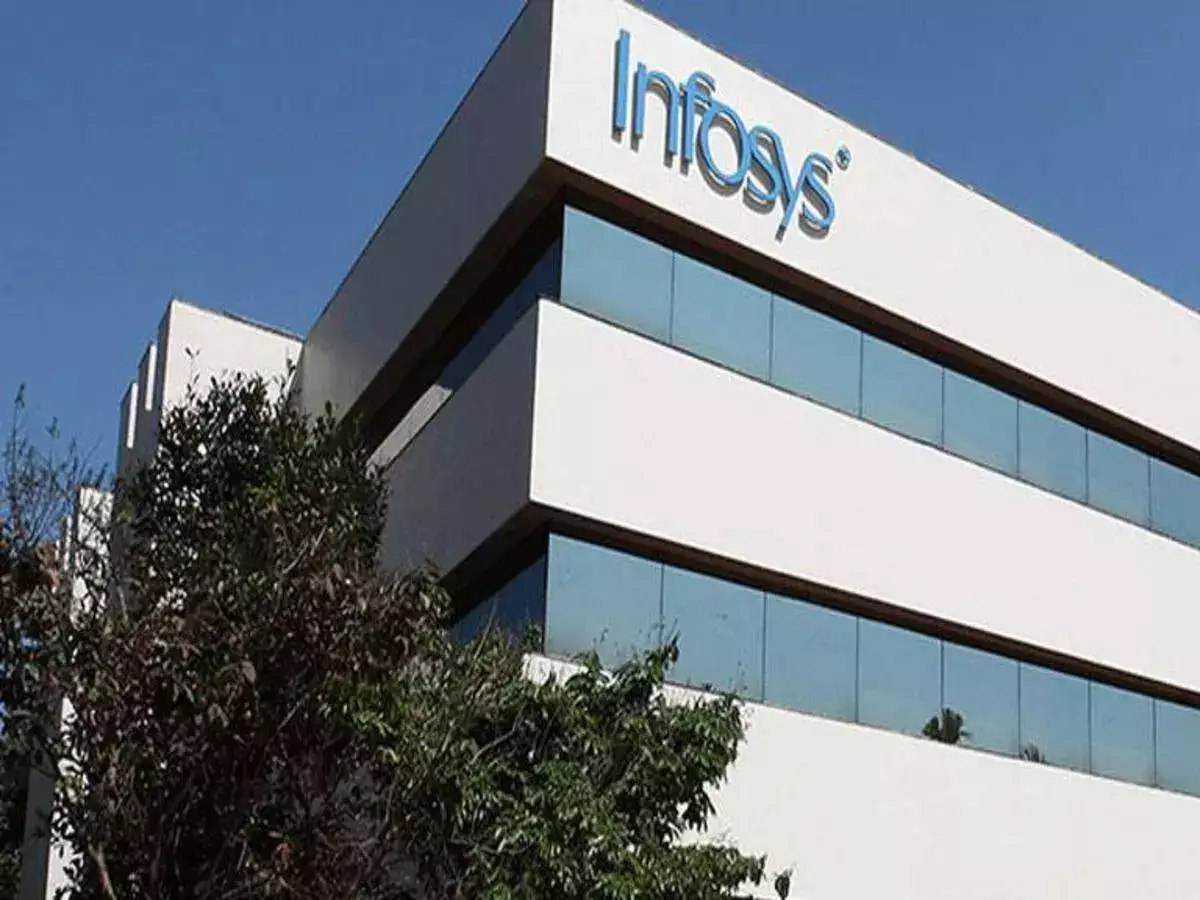The Evolving Landscape of Social Media: New Platforms and Trends
Introduction
New Age of Social Media has come a long way since the early days of MySpace and Friendster. What once started as a digital tool for personal networking and social interaction has now transformed into a powerful ecosystem that influences everything from global politics and culture to business and education. As we enter the new age of social media, we are witnessing a shift driven by innovation, decentralization, niche audiences, creator empowerment, and new technologies like artificial intelligence.
This article explores the evolving landscape of social media, highlights the emergence of new platforms and trends, and examines the societal and technological forces shaping its future.
Evolution of Social Media
The journey of social media can be broken down into three broad phases:
-
The Foundational Era (2003–2010)
Platforms like MySpace, Orkut, and early Facebook allowed users to connect with friends, post photos, and share status updates. The focus was on personal expression and network-building. -
The Growth Era (2011–2018)
Facebook, Instagram, Twitter, and Snapchat dominated. Social media evolved into a business tool, enabling targeted advertising, influencer marketing, and brand engagement. Features like Stories and live streaming emerged. -
The New Age (2019–Present)
Short-form video, decentralized platforms, AI-driven content, and real-time authenticity now define user expectations. The user base is increasingly fragmented across niche apps and communities.
Emerging Platforms
While established platforms still have massive user bases, new social media platforms are challenging the status quo:
-
TikTok Dominates with its algorithm-driven short-form video content. A hub for trends, challenges, and creators, it has reshaped how younger users consume content.
-
BeReal – Promotes unfiltered, in-the-moment sharing. Once a day, users get a prompt to post real-time photos, encouraging authenticity.
-
Threads – Meta’s response to Twitter, designed for microblogging and threaded conversations.
-
Mastodon & Bluesky – Decentralized platforms promoting user autonomy and open-source structures. They gained popularity amid growing dissatisfaction with mainstream networks.
-
Discord – Originally for gamers, now a broader platform for community-building and voice/text discussions.
-
Lemon8, Clapper, and Geneva – Up-and-coming apps focusing on lifestyle, local communities, and independent creators.
Key Trends in the New Age of Social Media
1. Authenticity and Real-Time Content
Users, especially Gen Z, crave authenticity over polished perfection. Real moments, behind-the-scenes footage, and unfiltered posts are more appealing than idealized content.
2. Short-Form Video is King
Thanks to TikTok, short-form video dominates. Instagram Reels, YouTube Shorts, and even LinkedIn video posts reflect this change. Attention spans are shrinking, and bite-sized entertainment is in demand.
3. AI-Driven Experiences
Artificial intelligence powers content recommendations, filters, captions, avatars, and chatbots. AI tools also help creators edit videos, generate art, and write posts faster and more efficiently.
4. Creator Economy and Monetization
Social media is now a career path. Platforms provide monetization tools like subscriptions (Instagram), tipping (TikTok), brand partnerships, affiliate marketing, and digital product sales.
5. Decentralization and Data Privacy
With growing concerns over data misuse and censorship, decentralized platforms offer an alternative. Users want control over their content and data, driving interest in blockchain-based social apps.
6. Niche Communities
Rather than broad platforms, users are gravitating toward smaller, interest-based communities. Apps like Reddit, Discord, and even private Instagram groups foster stronger engagement through shared passions.
Social and Cultural Impact
1. Shaping Public Discourse
Social media is a megaphone for public sentiment. Movements like #BlackLivesMatter, #MeToo, and climate activism have gained momentum through viral campaigns.
2. Mental Health Concerns
Constant comparison, cyberbullying, and algorithmic addiction have raised concerns about the impact of social media on mental well-being. Platforms are introducing features like screen-time reminders and content filters to combat this.
3. Digital Identity and Self-Expression
Users craft online personas that influence how they’re perceived. This has empowered marginalized voices but also blurred the line between real life and digital life.
4. Misinformation and Echo Chambers
The spread of fake news, deepfakes, and conspiracy theories remains a major issue. Algorithms tend to reinforce existing beliefs, creating echo chambers and polarizing societies.
Business and Marketing in the New Era
Social media is now essential for brands and businesses:
-
Influencer Marketing: Brands collaborate with creators to reach target audiences more authentically.
-
Social Commerce: Features like Instagram Shopping, TikTok Shop, and Facebook Marketplace integrate shopping into the user experience.
-
Data-Driven Targeting: AI and analytics tools help businesses understand customer behavior and personalize content.
-
Customer Support: Businesses use platforms like WhatsApp, Messenger, and Twitter for real-time customer interaction.
Future of Social Media
The next phase of social media is likely to be shaped by:
-
Immersive Technologies: Augmented Reality (AR), Virtual Reality (VR), and the metaverse will enable more interactive experiences.
-
Greater Regulation: Governments may impose stricter rules on data privacy, misinformation, and harmful content.
-
Voice and Audio Content: Podcasts, voice tweets, and platforms like Clubhouse show that voice is an increasingly popular medium.
-
Cross-Platform Integration: Users want seamless experiences across apps, which could drive unified ecosystems or interoperable features.
Conclusion
The new age of social media is not just about new platforms—it’s a paradigm shift in how people communicate, consume content, and build communities online. With technology advancing rapidly and user expectations evolving, platforms must adapt to remain relevant. For users, businesses, and creators, understanding these changes is key to thriving in this ever-expanding digital universe.

